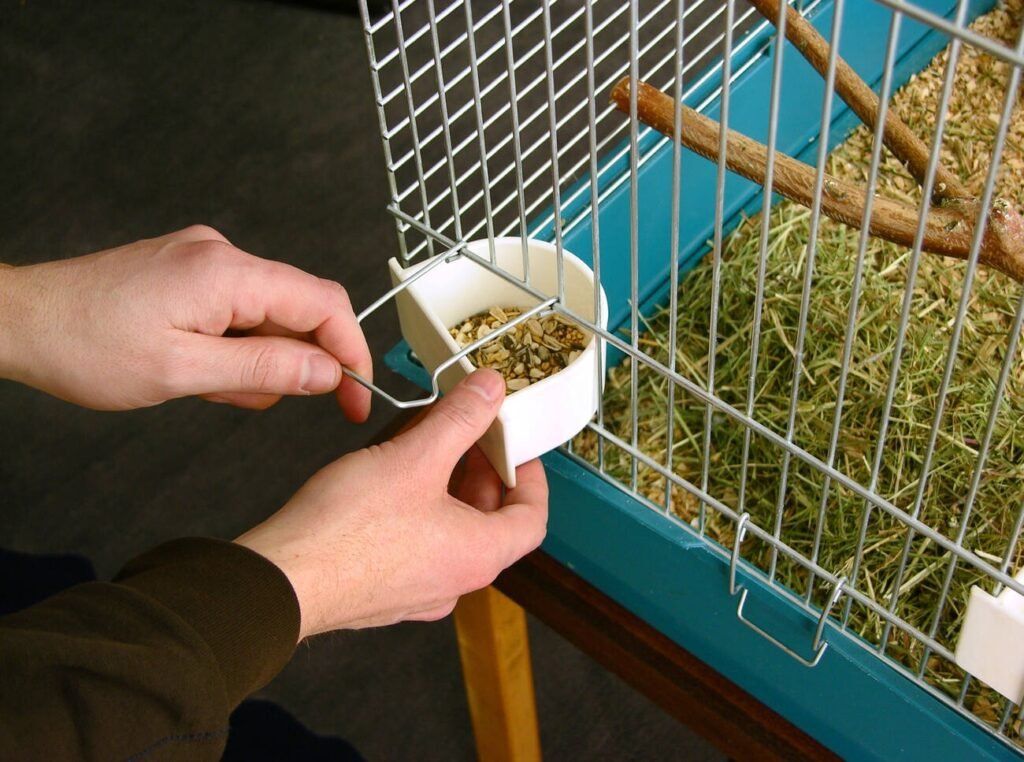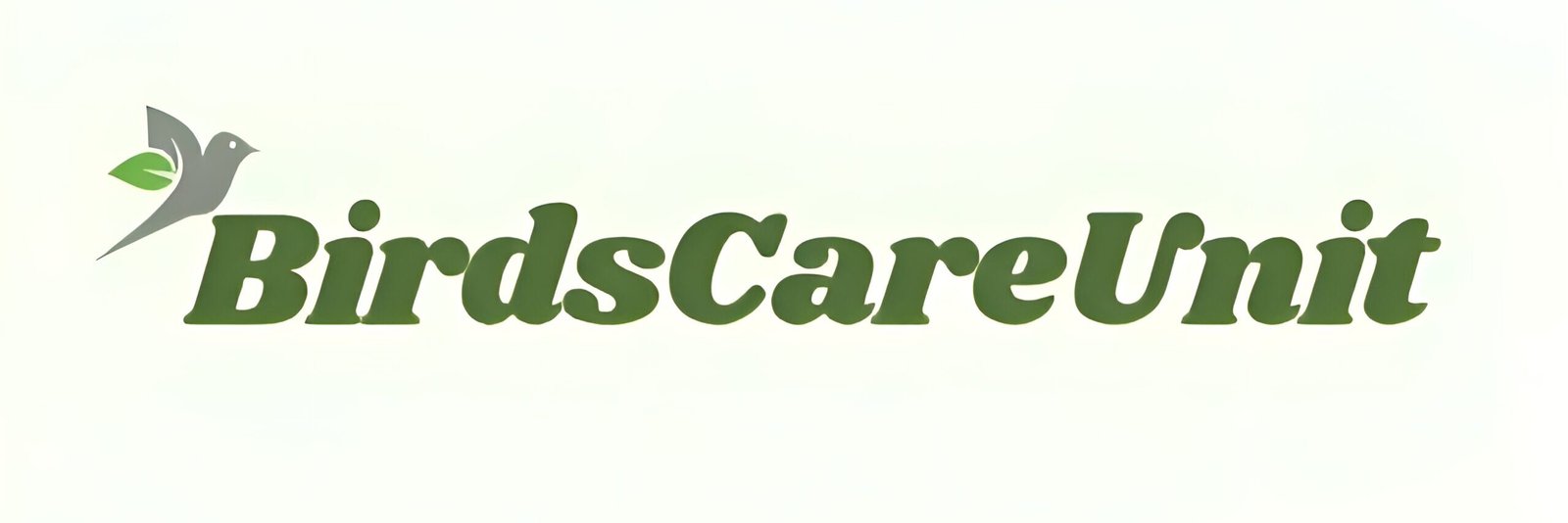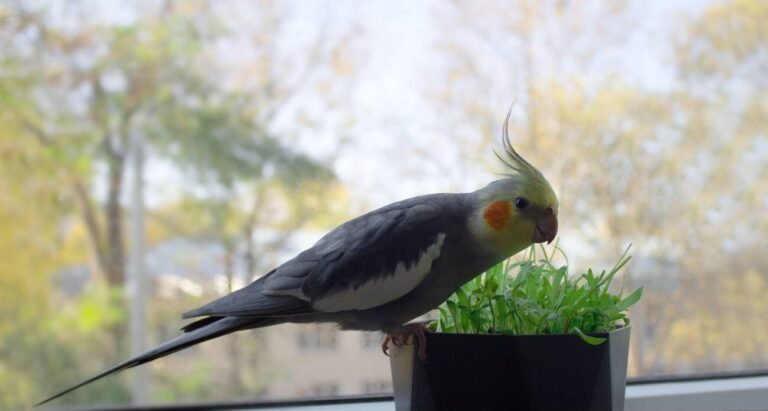Cockatiel Foods in Different Seasons

Introduction
As an attentive cockatiel breeder, it’s essential to recognize that the dietary needs of our cockatiels vary with the changing seasons. Cockatiels, with their unique preferences and nutritional requirements, benefit from a diet that evolves alongside nature’s rhythms. In this meticulously detailed guide, we’ll delve into the intricacies of cockatiel nutrition across the four seasons, providing a wealth of information to ensure your bird receives optimal nourishment throughout the year.
Spring
Spring is a season of renewal, and with the arrival of spring, cockatiels can enjoy a variety of fresh, seasonal produce bursting with flavor and nutrients. Here’s a detailed breakdown of spring foods for your cockatiel:
Leafy Greens
Leafy greens are a staple in a cockatiel’s diet and are especially abundant in spring.
– Spinach: Packed with iron, calcium, and vitamins A, C, and K.
– Kale: Rich in antioxidants, vitamins A, C, and K, and fiber.
– Swiss Chard: Provides vitamins A, C, and K, magnesium, and potassium.
These greens are essential for your cockatiel’s overall health and can be served fresh and washed thoroughly to remove any pesticides.
Berries
Berries offer a delicious and nutritious treat for your cockatiel.
– Strawberries: High in vitamin C and antioxidants.
– Blueberries: Packed with vitamins C and K, fiber, and antioxidants.
– Raspberries: Rich in fiber, vitamins C and K, and antioxidants.
Offer these berries in moderation, ensuring they are clean and free of any pesticides or chemicals.
Tender Shoots
Tender shoots are another excellent addition to a spring diet.
– Pea Shoots: Rich in vitamins A, C, and folic acid.
– Alfalfa Sprouts: Provide protein, fiber, and vitamins A and C.
– Broccoli Sprouts: Contain high levels of vitamins A, C, and calcium.
These sprouts are easy to digest and packed with enzymes that are vital for growth and vitality.
Summer
As temperatures rise, it’s crucial to keep your cockatiel cool and hydrated with refreshing foods and treats. Consider these nourishing options for your bird during the summer months:
Cucumber Slices
Cucumber slices are a hydrating snack that offers relief from the heat.
– Hydration: Cucumbers are composed of about 95% water.
– Nutrients: Provide small amounts of vitamins K and C, potassium, and magnesium.
Serve cucumber slices fresh and clean to help keep your cockatiel cool and hydrated.
Watermelon Chunks
Watermelon is a juicy, hydrating, and delicious summer treat.
– Hydration: High water content helps keep your bird hydrated.
– Nutrients: Contains vitamins A, B6, and C, and amino acids.
Ensure the watermelon chunks are seedless to avoid any choking hazards.
– Berry Blend: Use a mix of berries such as strawberries, blueberries, and raspberries.
– Mango and Banana: Add slices of mango and banana for extra flavor.
Freeze small pieces of these fruits for a refreshing and hydrating treat.
Autumn
With the transition to autumn, cockatiels may benefit from heartier fare to sustain them through the cooler weather. Here are some nutritious autumn offerings:
Cooked Grains
Cooked grains provide warmth and sustenance.
– Brown Rice: Offers fiber, protein, and essential minerals.
– Quinoa: Packed with protein, fiber, and all nine essential amino acids.
– Barley : Rich in fiber, vitamins, and minerals.
Serve these grains cooked and cooled to a comfortable temperature.
Pumpkin Seeds
Pumpkin seeds are a nutritious treat, especially in the autumn.
– Protein: High in protein and essential amino acids.
– Healthy Fats: Contain healthy fats that are beneficial for your bird’s health.
– Minerals : Provide magnesium, iron, and zinc.
Roast pumpkin seeds without added salt or spices before serving.
Apple Slices
Fresh apple slices are a seasonal and nutritious snack
– Vitamins: Rich in vitamins A and C.
– Fiber: Good source of dietary fiber.
Remove the seeds and core before offering apple slices to your cockatiel.
Winter
During the winter chill, cockatiels may require additional calories and warmth to thrive. Consider these hearty options:
Nut and Seed Mixes
Nuts and seeds provide essential fats and protein.
– Almonds: High in healthy fats, protein, and vitamin E.
– Walnuts: Rich in omega-3 fatty acids and antioxidants.
– Sunflower Seeds: Provide protein, healthy fats, and vitamins E and B1.
– Pumpkin Seeds: Offer protein, healthy fats, and minerals.
Offer these in moderation, as they are calorie-dense.
Cooked Vegetables
Warm, cooked vegetables are comforting and nutritious.
– carrots: High in beta-carotene and vitamin A.
– Sweet Potatoes: Provide fiber, vitamins A and C, and antioxidants.
– Peas: Rich in protein, fiber, and vitamins A, B6, and C.
Serve these vegetables cooked and cooled to a comfortable temperature.
Fortified Pellets
High-quality pellets are essential for a balanced diet.
– Nutrients: Fortified with essential vitamins and minerals.
– Convenience: Ensure a consistent supply of necessary nutrients.
Pellets should be a part of the daily diet, supplemented with fresh foods.
#Additional Seasonal Tips
Spring Tips
– Breeding Season: Spring is often the breeding season for cockatiels. Ensure they have a proper nesting box and are well-nourished.
– Allergy Season: Be mindful of allergens in the air that could affect your cockatiel. Pollen and dust can cause respiratory issues.
Summer Tips
– Heat Stress: Be vigilant for signs of heat stress, such as panting or holding wings away from the body. Move your bird to a cooler area if these signs appear.
– Insects: Summer can bring an increase in insects. Ensure your cockatiel’s food is stored properly to prevent infestations.
Autumn Tips
– Molting: Help your cockatiel through the molting process by providing a diet rich in protein. Extra preening toys can also help.
– Seasonal Changes: Be aware of the changing light and temperature as the season progresses. Gradual adjustments help your bird adapt smoothly.
Winter Tips
– Holiday Hazards: Be cautious of holiday decorations and foods that can be harmful to cockatiels. Keep your bird away from poinsettias and other toxic plants.
– Cold Drafts: Ensure there are no drafts in your bird’s sleeping area. Insulated covers can help maintain warmth.
Conclusion
Navigating the seasonal dietary needs of cockatiels is vital for their overall health and well-being. By adjusting their diet to align with the changes in each season, you can ensure that your cockatiels receive the essential nutrients they need to thrive throughout the year.
In spring, fresh leafy greens, berries, and tender shoots offer a burst of essential vitamins and minerals, supporting their vitality and growth. Summer brings a need for hydration and cooling treats, with cucumber slices, watermelon chunks, and refreshing fruit blends providing relief from the heat. As autumn arrives, hearty cooked grains, pumpkin seeds, and apple slices help sustain them through cooler weather, while winter requires additional warmth and energy from nut and seed mixes, cooked vegetables, and fortified pellets.
By incorporating these seasonal dietary adjustments, you not only enhance your cockatiel’s health but also ensure their happiness and comfort as the seasons change. Remember to remain vigilant for any signs of discomfort or deficiency and consult with an avian veterinarian if needed. With a balanced and well-rounded diet tailored to the seasons, your cockatiels will flourish, enjoying good health and well-being all year round.



